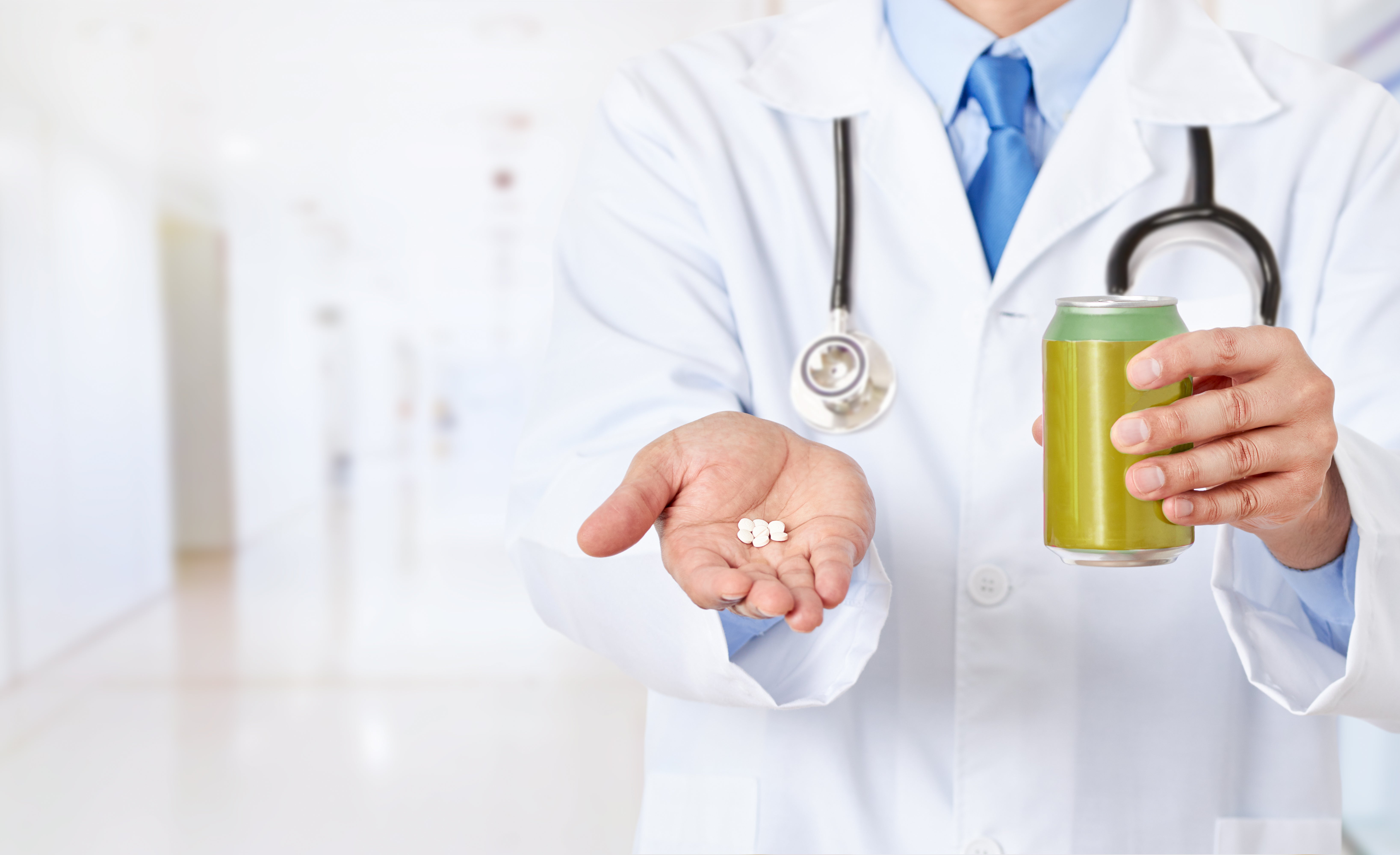Sweeteners ‘can turn healthy gut bacteria into harmful microbes’
Authors say the changes caused to healthy gut bacteria by sweeteners could lead to ‘infection, sepsis and multiple-organ failure’

Your support helps us to tell the story
From reproductive rights to climate change to Big Tech, The Independent is on the ground when the story is developing. Whether it's investigating the financials of Elon Musk's pro-Trump PAC or producing our latest documentary, 'The A Word', which shines a light on the American women fighting for reproductive rights, we know how important it is to parse out the facts from the messaging.
At such a critical moment in US history, we need reporters on the ground. Your donation allows us to keep sending journalists to speak to both sides of the story.
The Independent is trusted by Americans across the entire political spectrum. And unlike many other quality news outlets, we choose not to lock Americans out of our reporting and analysis with paywalls. We believe quality journalism should be available to everyone, paid for by those who can afford it.
Your support makes all the difference.Common artificial sweeteners have the ability to transform healthy gut bacteria into dangerous microbes that could cause serious health issues, including sepsis and multiple-organ failure, scientists have found.
Researchers from Anglia Ruskin University found that sugar substitutes saccharin, sucralose and aspartame — found in gum, diet soda, ice cream, baked goods, and even some vitamins and medicines — can cause helpful gut bacteria like E.coli and E.faecalis to become hazardous.
Dr Havovi Chichger, study author and senior lecturer in biomedical science at Anglia Ruskin University, said: “Our study is the first to show that some of the sweeteners most commonly found in food and drink — saccharin, sucralose and aspartame — can make normal and ‘healthy’ gut bacteria become pathogenic.
Consuming artificial sweeteners, in the amount of two cans of diet soda a day, could significantly increase the ability of these bacteria to invade and kill epithelial cells in the intestine, the study found.
“These pathogenic changes include greater formation of biofilms and increased adhesion and invasion of bacteria into human gut cells,” Dr Chichger said.
“These changes could lead to our own gut bacteria invading and causing damage to our intestine, which can be liked to infection, sepsis and multiple-organ failure,” she added.
Past studies have shown that this kind of biofilm formation is closely linked with antibiotic resistant bacteria, an increased risk of disease, and can cause infections associated with medical devices.
The researchers also found that the E.coli and E.faecalis bacteria could also accumulate in the liver, lymph nodes, and spleen, leading to a number of infections.
As artificial sweeteners have grown in popularity and make up a greater share of the human died than ever before, authors say “understanding how this food additive affects gut microbiota and how these damaging effects can be ameliorated is vital”.
The study was published in the International Journal of Molecular Sciences.
Join our commenting forum
Join thought-provoking conversations, follow other Independent readers and see their replies
Comments